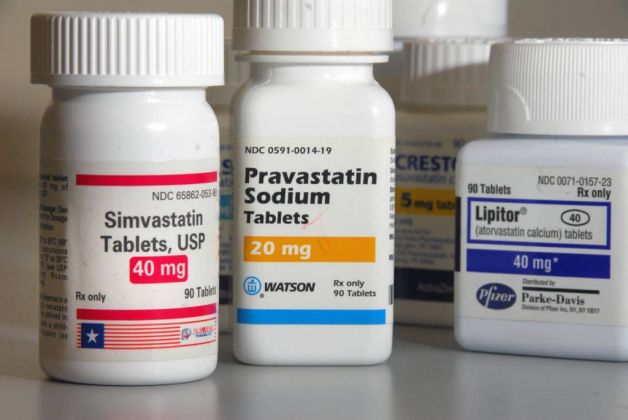Are Statin Guidelines Cause for Concern?
The American Heart Association and the American College of Cardiology recently issued a new set of guidelines to help doctors determine whether people are or are not most likely to benefit from a class of drugs called statins to treat high cholesterol. The guidelines have sparked a wave of controversy among physicians and other health care professionals who treat the millions of Americans affected by high cholesterol.
Elevated levels of cholesterol, especially LDL or the so-called “bad” cholesterol in the body increases your risk for cardiovascular disease including heart attack and stroke. Elevated blood cholesterol can create deposits or plaques in the wall of your arteries. If the plaques get large enough they can cause obstruction of the arteries, decreasing the flow of blood and oxygen to your heart or brain. They can also rupture causing blood clot formation inside the arteries, leading to acute events like heart attack or stroke.
Diet, exercise can also lower cholesterol
In some people, cholesterol levels can be modified or controlled through diet — particularly eating foods low in saturated fat — and exercise. But some people require medicine to reduce or manage cholesterol levels. That’s where the statin drugs have been revolutionary in cardiovascular care.
However according to Dr. Peter Alagona, program director for diagnostic cardiology at Penn State Hershey Heart and Vascular Institute, the new guidelines may confuse people and lead some to question whether they should or shouldn’t keep taking their medicine.
“You can’t determine whether someone needs medicine to control high cholesterol simply by looking at a number,” Alagona says. “You have to take into account a host of other factors including family history, cigarette smoking history, whether the patient has high blood pressure and diabetes.
Recommendations
The 80-some pages of guidelines say, for instance, that adults with an LDL (bad) cholesterol level above 190 should get statin drugs.
“That is a very high number – it’s something that doctors see very occasionally,” Alagona said. “So if you are at 188, perhaps you don’t get treated? It’s an arbitrary cutoff.”
The guidelines also recommend that diabetics ages 40 to 75 take statin drugs, as well as those whose 10-year risk of a heart attack or stroke exceeds 7.5 percent. Previous guidelines advised statins for those with more than a 20 percent chance of a heart attack or risk in a 10-year period.
“This relegates it to picking up calculator (to determine risk), but no two patients are alike,” Alagona said.
Two Harvard physicians have challenged the accuracy of the calculator that determines whether a patient should get statins, so the new guidelines are once again under review. When it all shakes out, Alagona expects there will be some changes to what is recommended. But at the end of the day, he said, the guidelines are just that, and doctors are still able to take other factors — like family history and age — into account when deciding whether a statin prescription is the right course for a particular patient.
For now, he suggests that patients who question whether they should or shouldn’t be taking medicine to control their cholesterol and prevent possible cardiac events ask their doctor.
“If you have a question, ask the doctor next time you visit. Or, if you are really concerned, give the office a call,” he said. “But don’t stop taking your medicine without checking with your physician or other health care professional”
Alagona said it is very important for those who are at significant risk for heart disease or cardiac events to continue their medication: “The data is very, very good on the use of statins for prevention.”
Article by Penn State Milton S. Hershey Medical Center

This article was written by the guest author listed at the end of the article.




